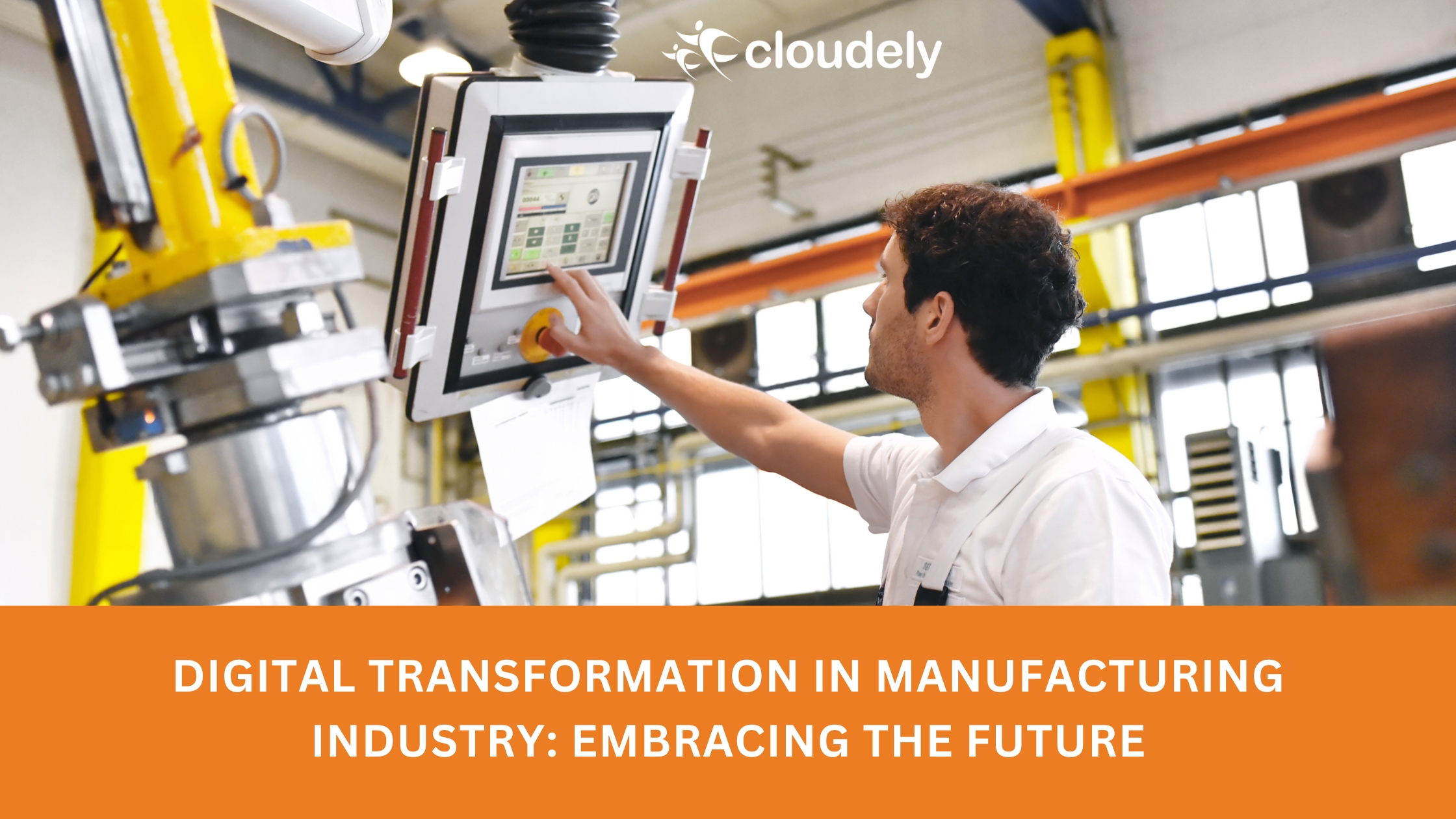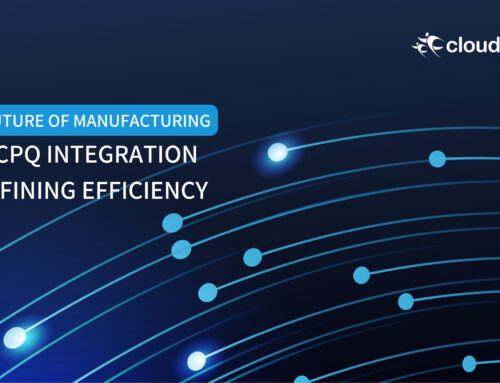The manufacturing industry is undergoing rapid changes with evolving customer demands, growing competition, and rising digital adoption across businesses. Those pioneering in digital transformation in manufacturing with creativity and risk appetite will emerge stronger. By unleashing innovation, they renew their industries from within and become trailblazers in the manufacturing domain.
Table of Contents
Revolutionizing manufacturing with Digital Transformation
Market insights forecast the global digital market nearing $900 billion from 2024 to 2029 with an annual CAGR of about 19.4%. Numbers don’t alone convey the magnitude – they signal a renaissance. An era defined by ever-deepening integration augurs an end to old constraints. Visionaries accepting change as opportunity will define tomorrow.
Digital transformation in manufacturing now underpins each step from concept to completion. Distributed engineering transcends borders as blueprints live online. Intelligent systems deliver autonomy with remote oversight. Customers enjoy frictionless journeys as physical and digital converge. New frontiers emerge at the intersection of man and machine.
Enhancing Customer Engagement Through Digital Transformation
Gone are the days when customers could be merely sold to. Today’s buyers want personalized omnichannel experiences, quick resolutions to issues, and transparent communication at every step of their journey.
- Facilitating Self-Service: CRM integrates self-service portals that empower customers with 24/7 access to account information and a knowledge base. They can independently check order statuses and routine inquiries and resolve issues through automated service bots.
- Nurturing Customer Journeys: CRM maps ideal purchase and renewal journeys defined by desired outcomes like repeat purchases or significant upgrades. It triggers highly personalized automated journeys calling out customized recommendations, content, and segmented offers at each stage via multiple touchpoints.
- Enhancing Service Quality: Streamlined ticketing combined with agent desktop integration ensures a s-eye view of customers and their history is available to frontline staff. Automated assignment routing, integrated asset data waiting times, and first contact resolutions (FCR) are optimized.
- Personalizing Engagement: Pulling attributes from segmented profiles, CRM powers predictive marketing campaigns. It serves individualized content on loyalty program achievements, new launch updates, and exclusive offers through multiple channels based on consumption patterns and past interactions.
Capturing New Revenue Streams through Digital Interventions
To stay ahead in cutthroat markets, businesses must optimize profits creatively. Digital transformation in manufacturing presents goldmines waiting to be tapped. E-commerce stores boost direct sales while loyalty programs deepen repeat customers. Proactive maintenance programs keep customers satisfied for the long-term.
- Leveraging Customer Insights for New Product Development: Valuable insights into buyer preferences and needs are mined from CRM systems via analytics. This provides opportunities to develop data-driven product extensions or new SKUs based on what customers are actively engaging with.
- Monetizing Marketing & Sales Capabilities: Manufacturers with sizable marketing budgets and field salesforces have excess promotional capacities that can be white-labeled for startups and smaller rivals. CRM simplifies administration and reporting for such paid services.
- Facilitating Fee-Based Product Upgrades: CRM supports tracking product lifecycles end-to-end. Based on usages captured by connected devices, it can preemptively recommend and facilitate fee-based upgrades or conversions at relevant milestones.
- Charging for Customer Insights: Valuable proprietary data mined through CRM over decades of relationships amounts to a monetizable asset. By anonymizing profiles, manufacturers may consider charging fees to market research organizations for tapping into a view of long-term industry trends, buying patterns, and more.
Perfected Operations Through Transparency
A core principle of lean manufacturing is eliminating waste to optimize operations. Digital technologies empower manufacturers to bring unprecedented levels of efficiency and standardization through tools like CRM.
- Standardized Processes for Quality Output: CRM helps standardize processes across factories and shifts. Consistent work instructions minimize human errors and variations. Standard operating procedures cover quality checks, compliance protocols, production schedules, safety rules, etc. This results in higher output quality, reduced scrap rates, and improved compliance.
- Real-time Visibility into Operations: CRM provides a unified view of production schedules, WIP status, and inventory levels on a real-time dashboard. Floor managers can track KPIs remotely and address bottlenecks proactively.
- Collaborative Engineering Process: CRM facilitates collaborative product development with partners. Stakeholders access a centralized repository of specifications, design documents, test plans, approvals, and changelogs from anywhere.
- Automating Business Processes: Repetitive tasks like order management, shipment scheduling, and inventory management are automated through a CRM.
- Flexible Production Capacity: CRM links shop floor systems to the ERP, enabling on-demand production scheduling based on incoming orders and demand forecasts.
- Enhancing Product Quality: CRM integrates quality management systems onto a single platform for end-to-end visibility and traceability.
- Supply Chain Optimization: CRM gives complete transparency into supplier and logistics performance. Planners can detect and resolve issues before they impact production.
Read more: AI Use Cases in Manufacturing
Embracing the Future of Manufacturing
By embracing bespoke CRM platforms, manufacturers access previously unimaginable influence. Elevating customer relationships, streamlining commercial functions, and leveraging real-time intelligence unlock untapped potential.
Those strategizing digital transformation in manufacturing to evolve, not disrupt, will emerge strong from any storm. The digital destinies now begin in earnest; theirs is a future without limits. The coming revolution will be owned by those refusing to react to change merely but to shape it proactively through courage and vision.
At Cloudely, we are a proud partner for the digital transformation of global manufacturing giants. We offer CRM solutions, contract management, and enterprise application development for manufacturing companies. Contact us at hello@cloudely.com for a digital transformation blueprint for your business. Learn more about us on LinkedIn.






